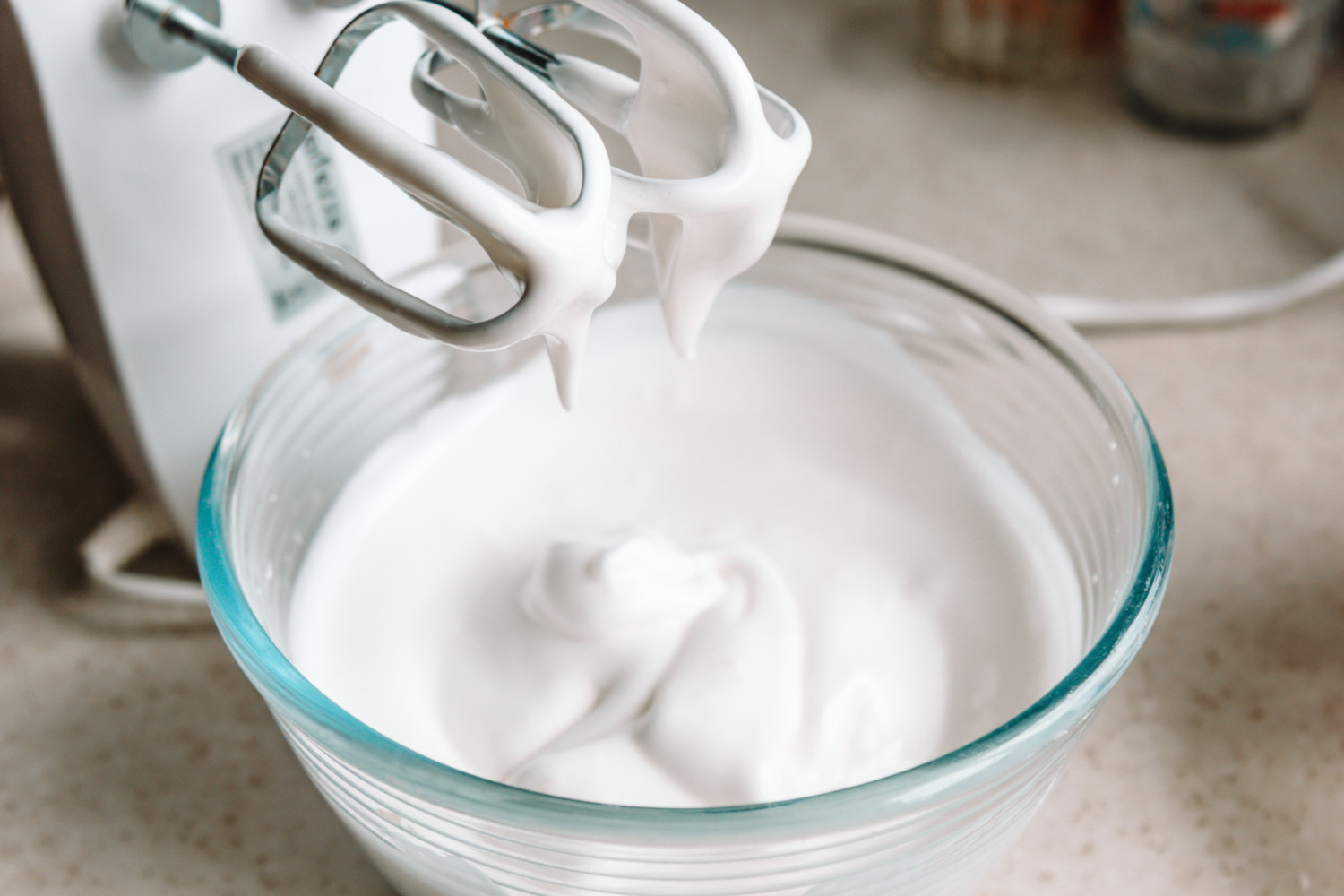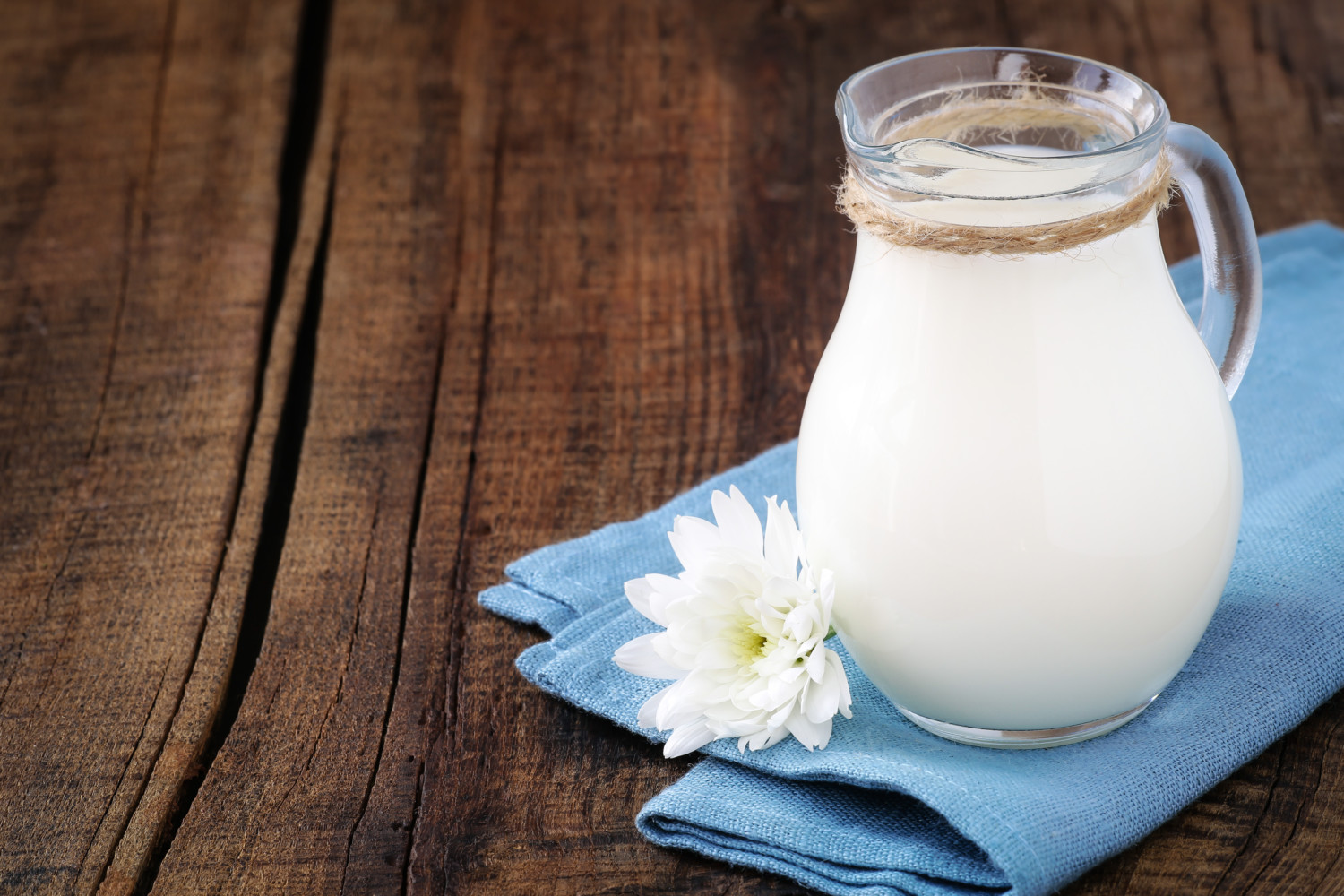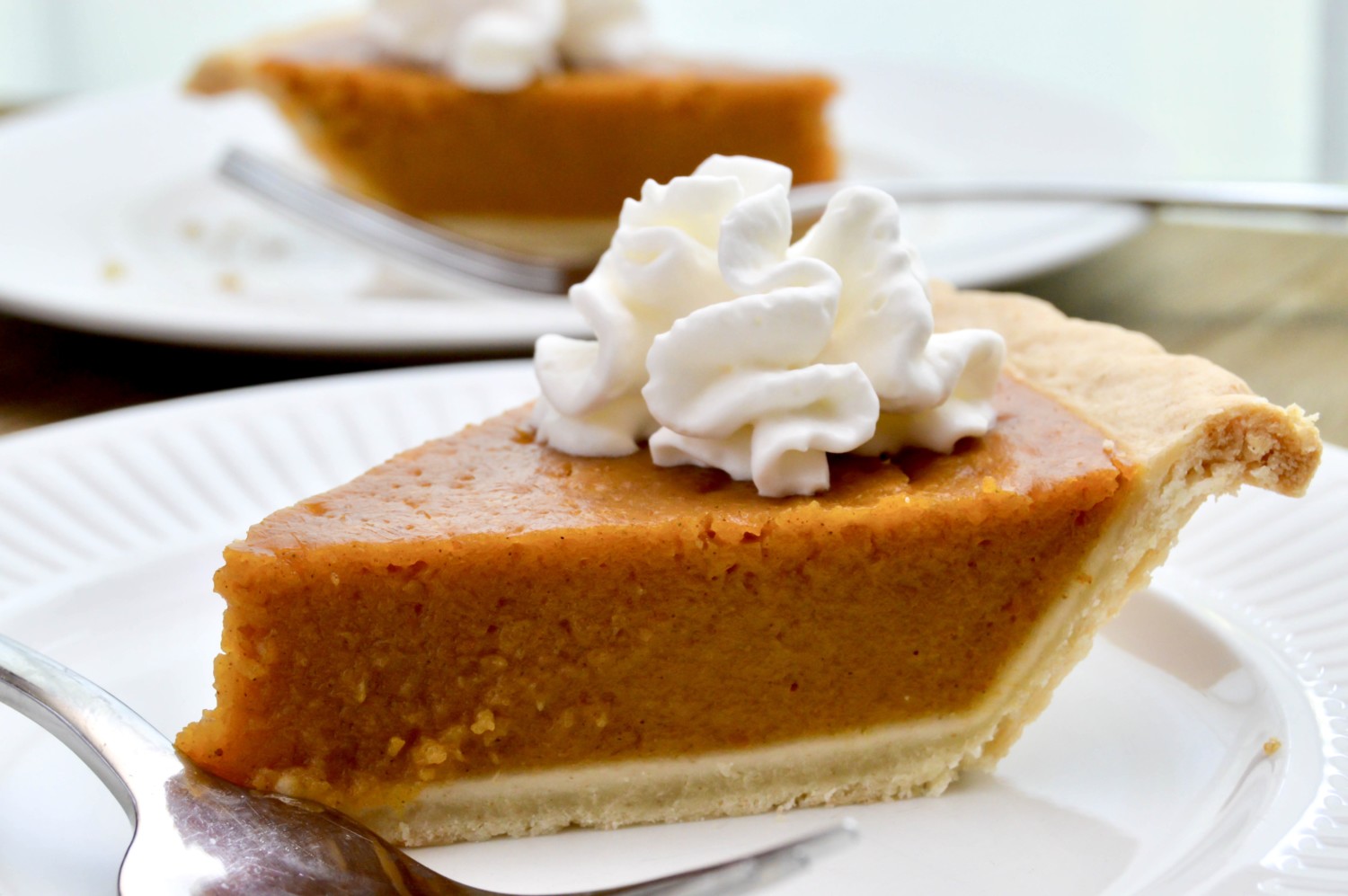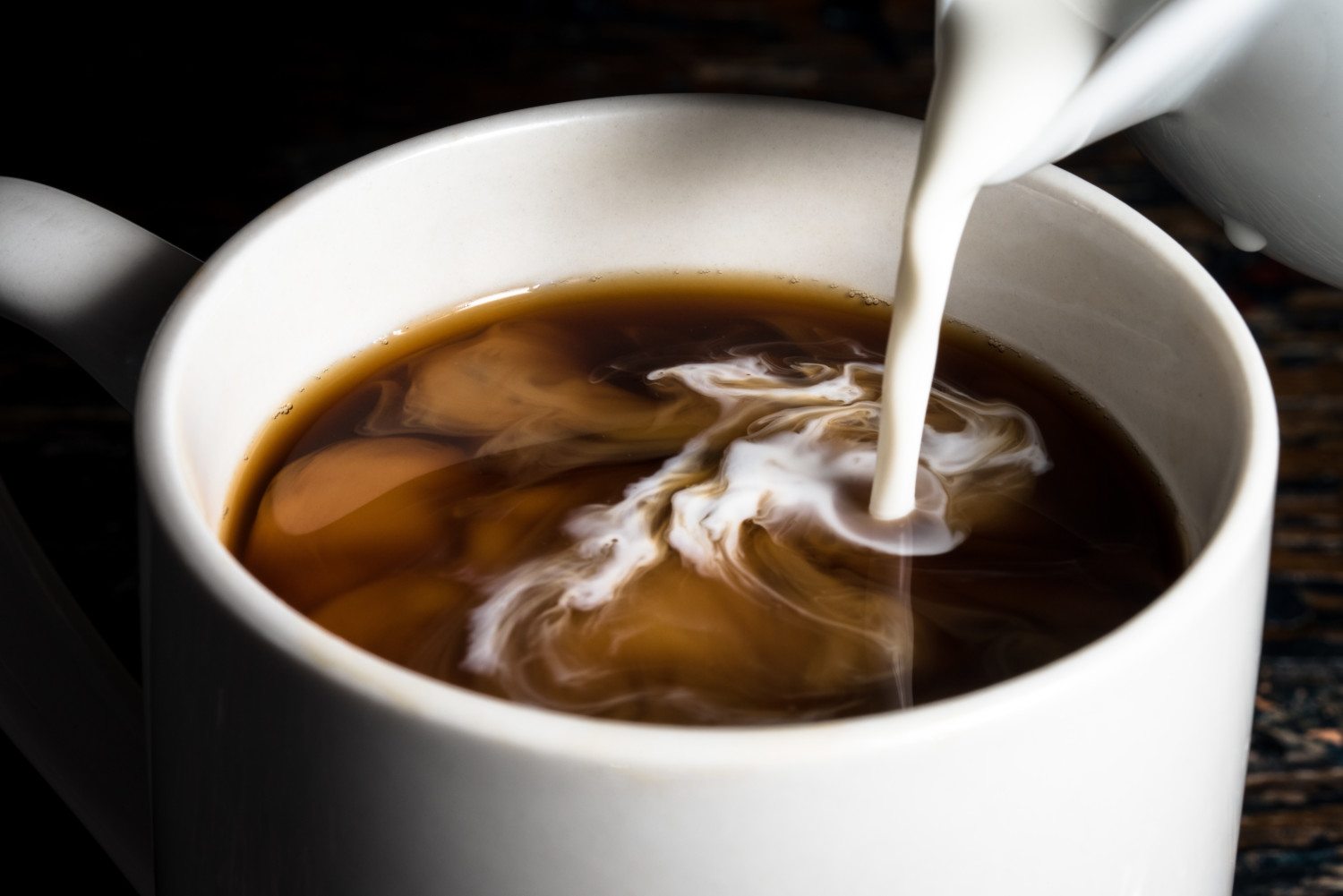When it comes to cooking and baking, cream can make your desserts more decadent, your sauces thicker and your custards richer. But if you’re planning on adding it to your recipe, you might be wondering what kind is better — and what’s the difference between the different types you see at the supermarket.
It can get confusing trying to understand the differences between heavy cream vs. whipping cream and whipping cream vs. half-and-half. It’s enough to leave you scratching your head as you stand in the dairy aisle, deciphering the nuances between similar names.
Luckily, we’re here to help clear up the confusion between all of these dairy products. We will show you how to use each type of cream and what they’re commonly used for.

Know Your Dairy: Heavy Cream Vs. Whipping Cream
In general, when it comes to dairy products, you’ll find them along a spectrum as measured by their fat content. Skim milk has the least milkfat, with up to .5% milk fat. Regular whole milk has 3.25% fat, and other dairy products you see in the case have progressively higher levels of fat.
Heavy cream can be whipped to a mousse-like consistency for a delicious dessert or frozen to make ice cream. A dollop will make all your dishes creamier. Heavy cream is also referred to as heavy whipping cream. Don’t be fooled — there’s no difference. They are both dairy products with 36% milk fat.
Light or regular whipping cream also exists, and this has slightly less milk fat than heavy whipping cream (about 30%).

Heavy Cream And How To Use It
Heavy cream is a dairy product defined by the Food and Drug Administration (FDA) as containing 36%milk fat. The additional fat allows whipped cream made from heavy cream to hold its shape longer and whip better. This makes heavy cream better for thickening sauces and soups as well.
Basically, if you are hoping to achieve stiff peaks after whipping, opt for containers that say they contain heavy whipping cream or heavy cream.
Since heavy cream lasts roughly a month in the fridge, it’s worth having some at the ready. You can even freeze a pint or quart in its original packaging; just be sure to leave a little room at the top for expansion. For quick access later on in smaller doses, pour heavy cream into an ice cube tray to create frozen cubes you can add to soups. Just note that heavy cream you’ve frozen will separate some and is best for cooking and baking, not whipping.
If your recipe calls for heavy cream, you can substitute half-and-half or a different milkfat product in many batters, sauces or soups. However, it won’t be as thick or rich because of the lesser fat content. For a richer version, add 3/4 cup half-and-half and 1/4 cup melted, unsalted butter for every cup of heavy cream you need.

Whipping Cream And How To Use It
Regular or light whipping cream, as defined by the FDA, contains 30%-35% milk fat. When it comes to pitting heavy cream vs. whipping cream, whipping cream wins out if you’re looking for a lighter, airier texture to your dessert.
Basically, your preference depends on the level of creaminess you’re after. A few percentage points might not seem like it would make a big difference in taste, but heavy cream provides more structure and also more versatility. Still, whipping cream will greatly increase the richness and thickness of sauces and desserts as well.
You probably won’t be surprised to hear that whipping cream, which is similar to Cool Whip in texture, is perfect to top off desserts or sheet pan pavlova. It will not hold its shape as well as heavy whipping cream, but it’s great to eat with fruit salads, Jell-O, puddings, cupcakes and ice cream.
Since the fat is what helps the cream retain its shape after whipping, regular whipping cream will deflate faster than heavy whipping cream.
If you’ve run out of whipping cream, you can substitute it with 1/4 cup of melted butter and 3/4 cup of whole milk.

Half-and-Half And How To Use It
Still following along? Just like the other two varieties mentioned above, half-and-half also comes down to milkfat content. Made with equal parts heavy cream and milk, half-and-half ranges from 10.5% to 17% milkfat (light cream is 18-29% milkfat).
Use it to create a smooth, rich, milky taste for your coffee, or create a chilled panna cotta. Adding a dash of this to your scrambled eggs is also known for creating a creamy, delicious texture. You can use it in place of milk in recipes to add extra creaminess to dishes like mac and cheese and mashed potatoes.
If you need to substitute half-and-half while baking or cooking because you’ve run out, use one cup of whole milk and one tablespoon of butter. This adds more flavor to gravies and pan sauces.

We hope this takes some of the mystery out of heavy cream vs. whipping cream. As with all dairy products, check these products before use if they’re already opened, even if the expiration date hasn’t been reached. If you catch a whiff of a sour odor or the texture appears clumpy or curdled, it’s time to toss it.
This story originally appeared on Simplemost. Check out Simplemost for additional stories.


